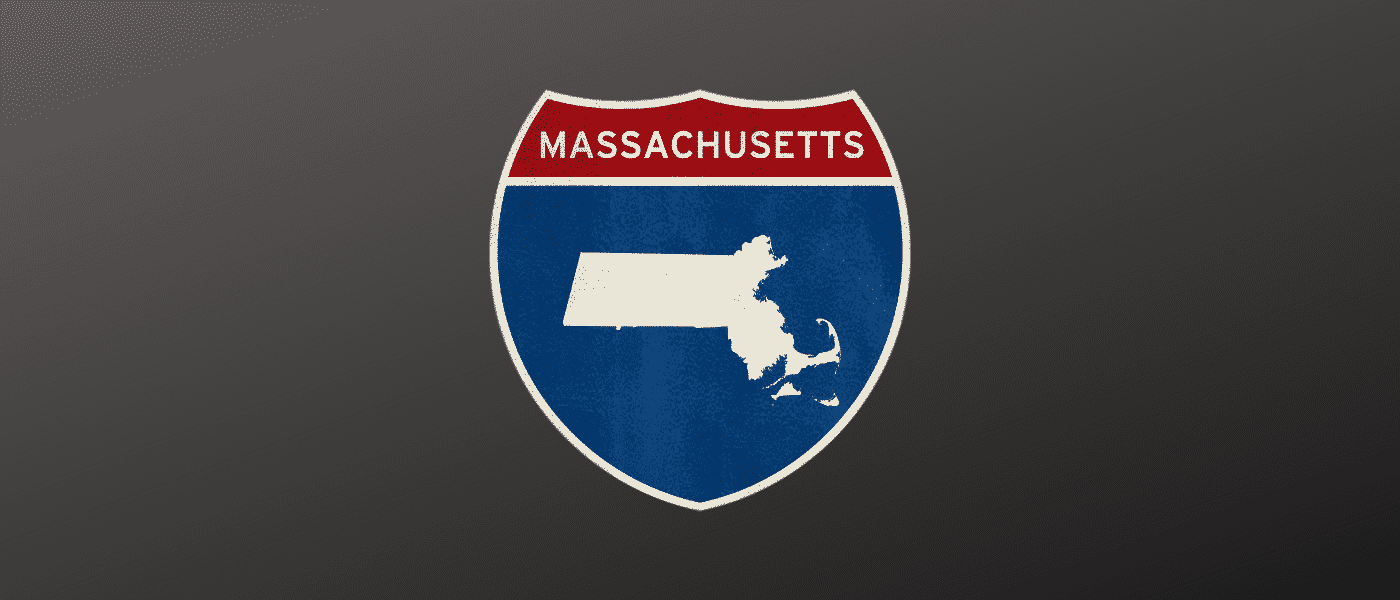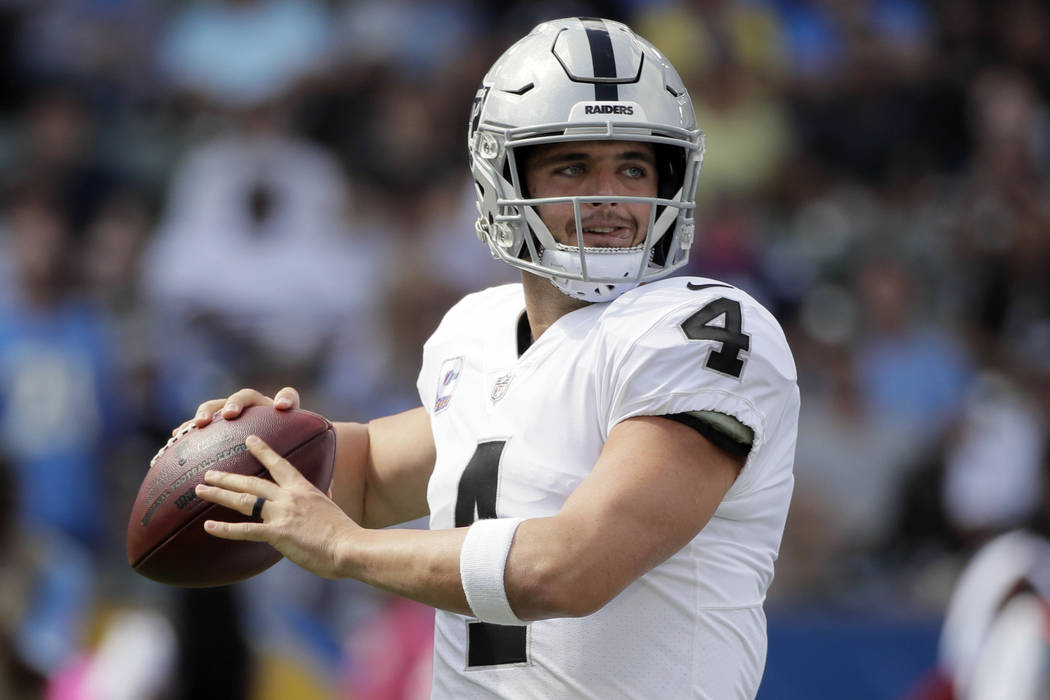- Sports Betting Websites
- Sports Betting Push Rules
- Sports Betting Push Chart
- Sports Betting Explained
- Sports Betting Push Calculator
Jan 06, 2021 Senator Joseph Addabbo Jr. Of New York has been a proponent of mobile betting and has led the charge to push online gaming through the state since last year. Out-of-state sports betting.
Some state lawmakers are hoping that Minnesota will join half the states in the country to legalize sports betting.
The legislation would allow on-site wagering at casinos and racetracks in the state, according to Senate sponsor, Sen. Karla Bigham, DFL-Cottage Grove. After a year, she said it would allow remote sports betting through those sites.
- With New York State facing a record-setting $15 billion deficit due to the COVID-19 pandemic, Gov. Andrew Cuomo is once again pushing for legalized marijuana and sports betting to help raise revenues.On Wednesday, Jan. 6, Cuomo said that.
- May 13, 2020 In sports betting, a push is the result of a tie between the bettor and the sportsbook. The bettor is refunded their money, and doesn’t lose any juice. On a Point Spread For a bet to push on a point spread, like in the intro example, the final-score margin must be the same as the spread taken by the bettor.
“It’s already done flagrantly and it’s time to shine some light on it, put some guardrails around it, protections around it,” Bigham said. “Quite honestly, we need to legalize it.”
The bill as written would tax bets on site at 6 percent and remotely at 8 percent. All revenues would go to the state general fund, Bigham said.
Rep. Pat Garofalo, R-Farmington, the House sponsor of the bill, said legalizing sports betting would allow more protections for Minnesota consumers.
“This is something that people are ready to see happen,” Garofalo said. “They are sick of driving to Iowa...or using off-shore sports books.”
- 2019 sessionSports betting bill emerges but effort a longshot
- Sept. 2019Iowa bets, Minnesota holds on sports gambling
Minnesota’s tribal nation’s have consistently opposed the legalization of sports betting in the past. Other efforts at the state Legislature to legalize betting have fallen short.
Gov. Tim Walz said Tuesday he is open to discussing legalizing sports betting, but he said he would prefer that lawmakers consider legalizing cannabis, which would potentially generate more revenue and could address some racial disparities in the state.
Senate Majority Leader Paul Gazelka, R-East Gull Lake, said the sports betting bill is unlikely to be considered this year, given the complexities of holding a legislative session during the pandemic and trying to pass a new two-year state budget. It could be more likely on the agenda for next year, he said.

You make MPR News possible. Individual donations are behind the clarity in coverage from our reporters across the state, stories that connect us, and conversations that provide perspectives. Help ensure MPR remains a resource that brings Minnesotans together.

Significant growth forecasts
Sports Betting Websites
Recent reports from a pair of investment firms are extremely bullish on the combined sports betting and internet gambling markets over the next several years. The reason: companies in overlapping verticals are finally realizing that joining forces can benefit everybody.
grow viewership, increase overall fan engagement, and drive significantly higher market values”
“The once disparate categories of online gaming, media and sports are joining teams to create powerful partnerships that we believe will grow viewership, increase overall fan engagement, and drive significantly higher market values for all those connected,” Macquarie Research analysts explained in a report published Tuesday.
Morgan Stanley forecasts the US sports betting and internet gambling markets to grow to $15bn within the next four years, while Macquarie thinks the value could be double that by 2030. Two-thirds of Morgan Stanley’s projection comes from sports betting.
David Schwartz, a gambling historian at the University of Nevada Las Vegas, told the Associated Press that US geographic expansion is “nearly complete,” so gaming firms are looking to grow upwards instead of outwards. As such, sports betting and online gambling are the most appealing options.
Rush of media, sports betting partnerships
Since the United States Supreme Court overturned PASPA in May 2018, the legalization of sports betting in the US has exploded. Currently, nearly half the states have some form of legal sports betting, either retail, online, or both, and many more states are evaluating legislation.
virtually every major media company has gotten onboard
As a result of sports betting expansion, media companies have partnered with sports betting firms to capitalized on the booming interest in wagering. As Macquarie Research points out, virtually every major media company has gotten onboard: Sinclair Broadcasting with Bally’s, FOX and Flutter Entertainment (the deal was made with The Stars Group), CBS with William Hill, ESPN with both Caesars and DraftKings, Yahoo with BetMGM, NBC with Australia’s PointsBet, Turner Sports with rivals FanDuel and DraftKings, and Barstool Sports with Penn National Gaming.
Daily fantasy sports, which hit the mainstream before the sports betting surge, is also on the move, most notably with the recent Bally’s acquisition of Monkey Knife Fight and Caesars’ investment in SuperDraft.
Sports Betting Push Rules

Analysts believe it is not just a pandemic boost, though, but rather a long-term move. Morgan Stanley calls legal US gambling expansion a “once-in-a-generation shift for what was a mature gaming industry.”
eSports sports betting growing despite challenges
Sports Betting Push Chart
2020 was also a crossroads for the eSports industry, which has gained more acceptance in the mainstream, particularly with the streaming boom. To some degree, the pandemic helped eSports, as lockdowns forced people to stay at home, leading to more people both playing and watching games online. Additionally, “sports replacements” like NBA2K leagues and eNASCAR iRacing, rose from near-anonymity as fans looked for something to satisfy their sports fixes.
At the same time, however, the live mega-blockbuster eSports events, like traditional sporting events, were forced to cancel because of the pandemic. For instance, the Dota 2 tournament The International, the largest eSports tournament in the world, postponed its festivities until at least 2021. The International’s 2019 prize pool was $34.3m, generated entirely from the sale of in-game Battle Passes.
the challenge from a sports betting perspective is the collection of data
Sports Betting Explained
Mark Balch, VP of eSports betting services at Bayes Esports, said that despite the growth in eSports, the challenge from a sports betting perspective is the collection of data. Because the competitions are in internet-based games (even for in-person contests), it is more difficult to data services to gather and disseminate that data to sportsbooks quickly and accurately. Traditional, live sporting events have “low latency broadcasts” and generally more consistent standards, making sports betting data, especially for in-game wagering, more reliable.
Sports Betting Push Calculator
Frequent game updates and an overall lack of transparency compared to traditional sports also makes betting data collection more challenging. Balch believes, however, that while eSports betting might not grow as fast as in traditional sports, it is still an industry with a promising future.